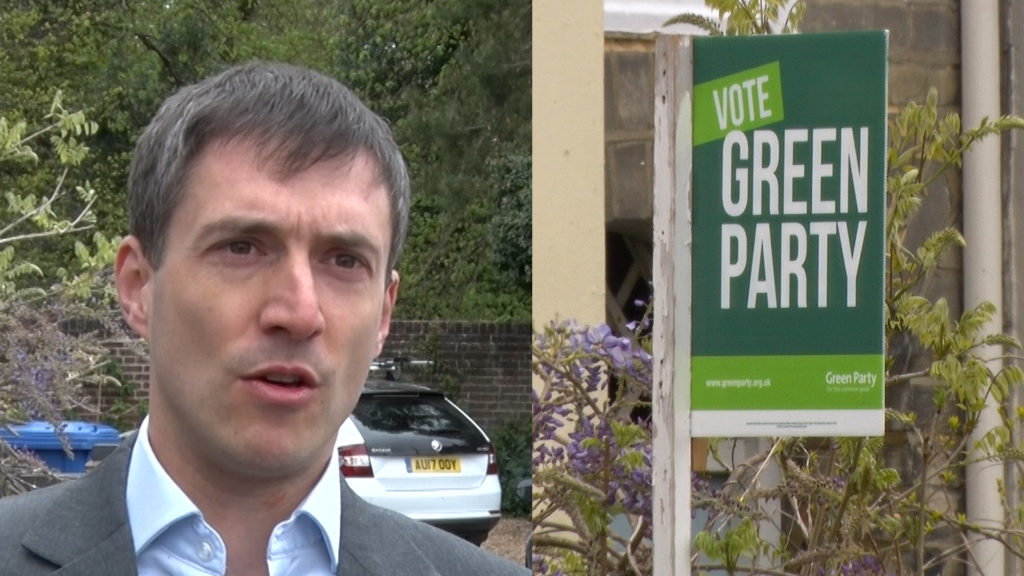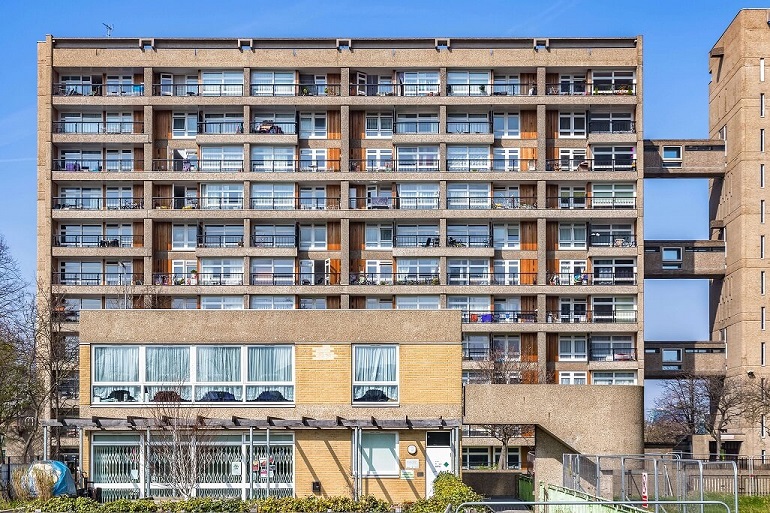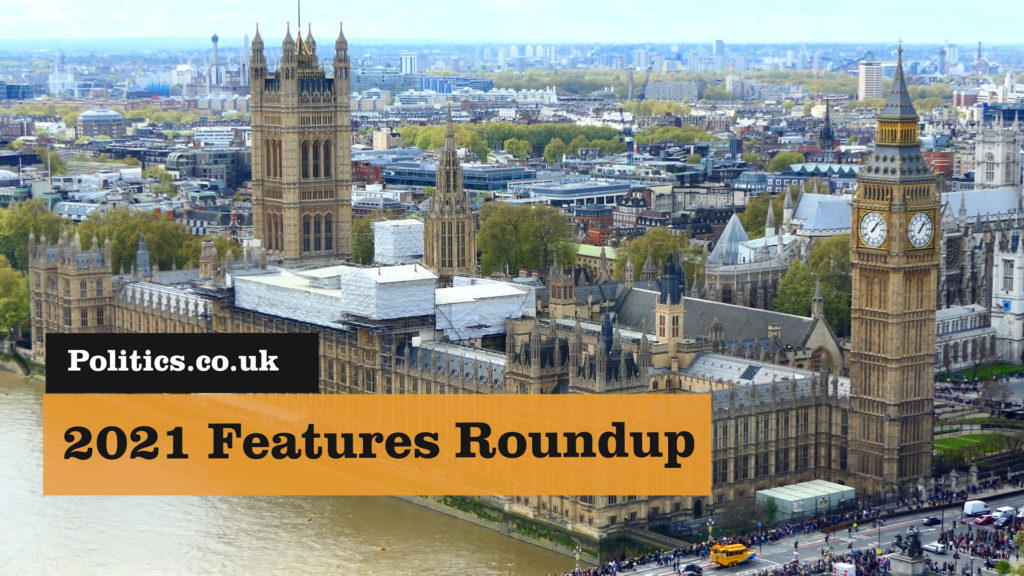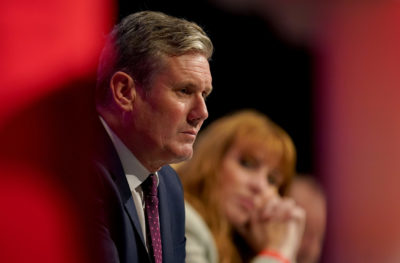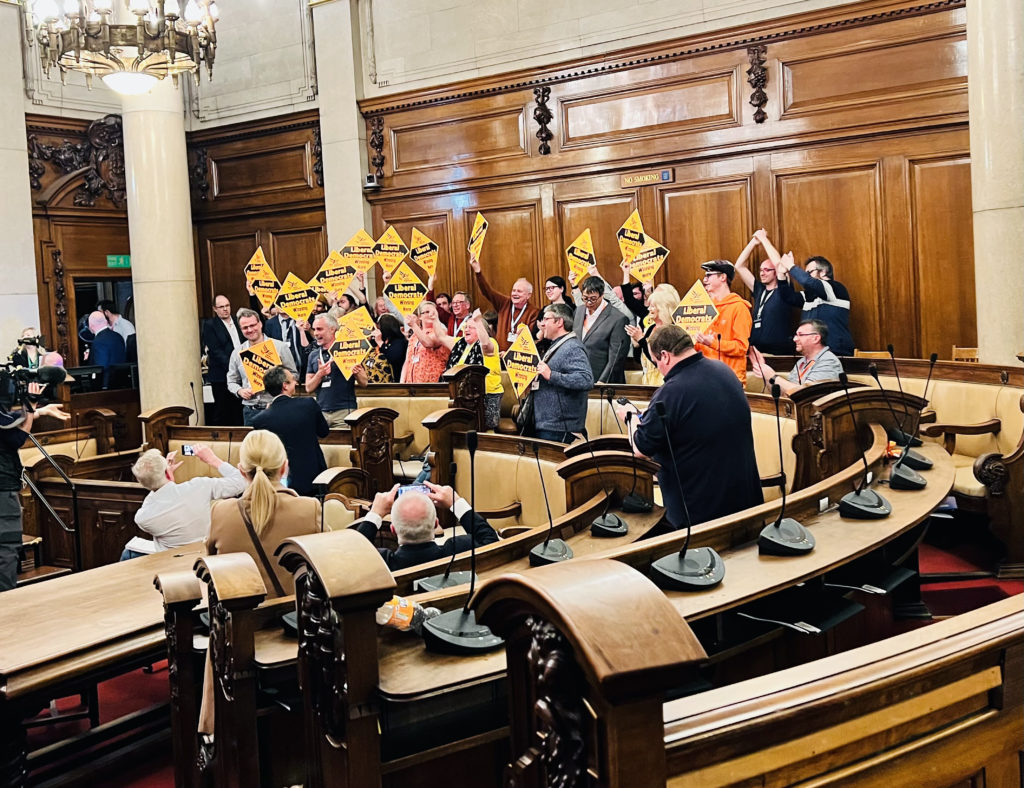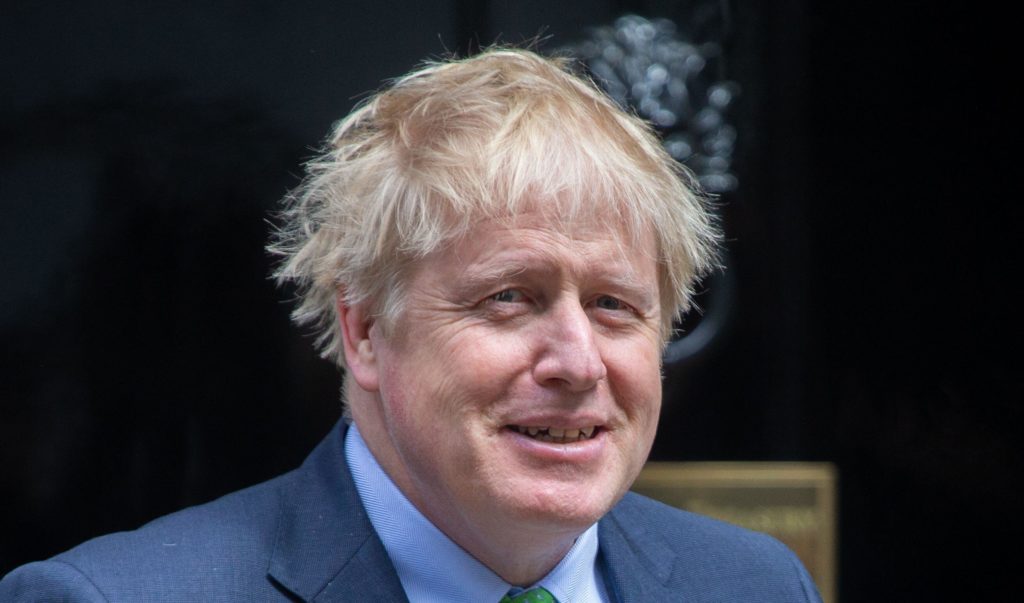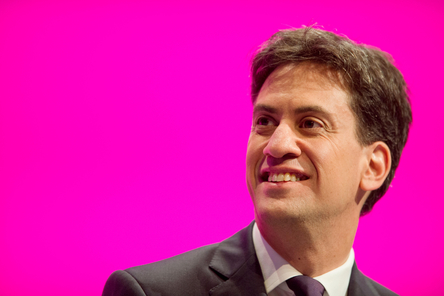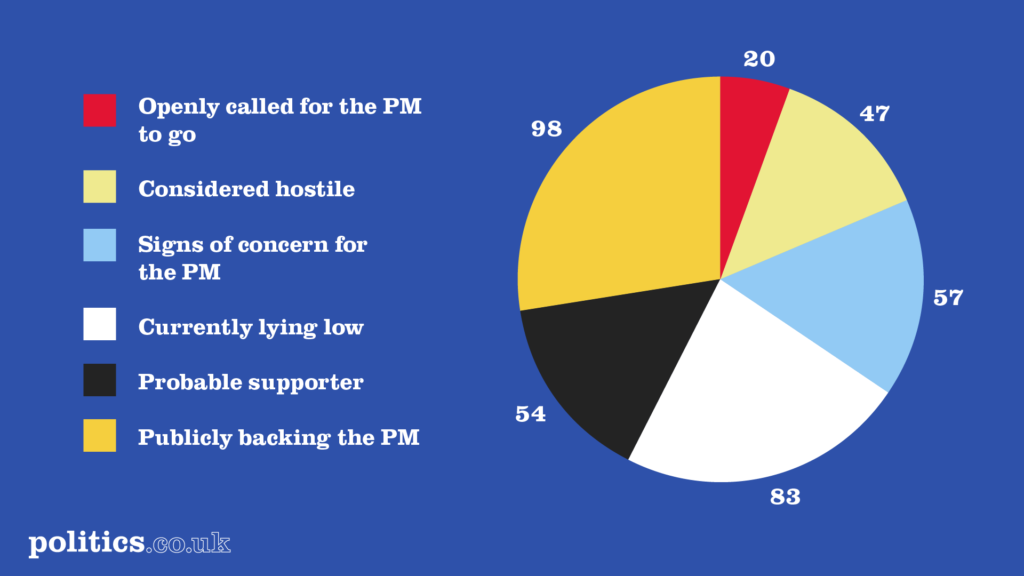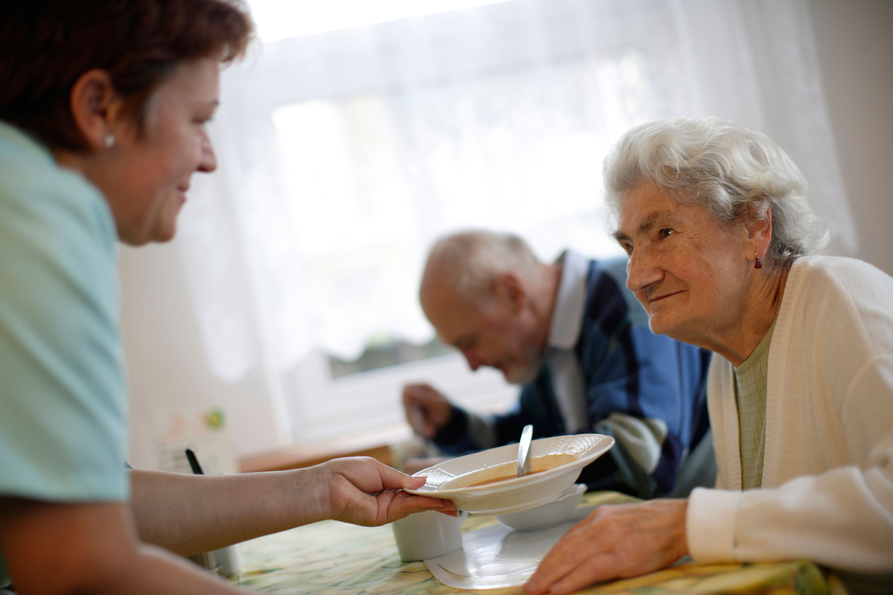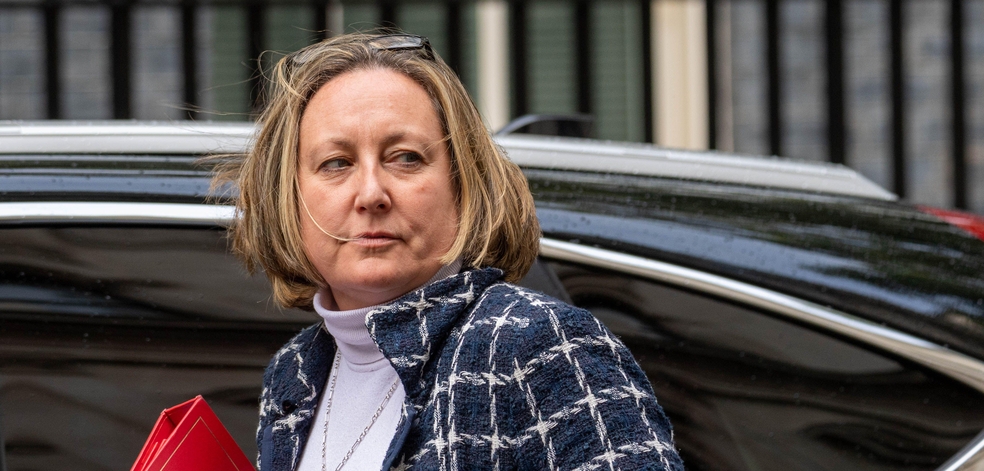Overview
The Green Party of England and Wales is a left of centre political party with a specific focus on environmentalism. The party is led by Siân Berry and Jonathan Bartley, albeit the pair have announced they are standing down in August 2021.
The Greens currently hold one Parliamentary seat, with the former party leader Caroline Lucas having represented Brighton Pavillion since 2010.
In 2021, the separate Scottish Green Party won 8 seats out of 129 in the Scottish Parliament. In London, Greens won 3 out of the 25 seats on the London Assembly. No Greens were elected in the Welsh Senedd.
As of 2021, the Greens currently have two seats in the House of Lords.
In the 2019 General Election, the Green Party polled 2.7% of the popular vote.
The Green Party’s vote share in the United Kingdom is much lower than that achieved by similar parties in other European democracies. The Green Party of Switzerland, for example, won a 13.2% share of the overall vote in the 2019 National Council and Council of States election. In the same year, the GroenLinks (green left) party of the Netherlands won a share of 11.18% of the vote in the Dutch upper chamber election.

In the May 2021 local elections, the Green Party gained 88 local council seats, recording some of their best results for a number of years. The party remains in control of Brighton and Hove Council.
History of the Green Party
The England and Wales’ Green Party is one of the oldest environmental parties in the world. The party was originally formed in 1973 under the name ‘People’. It subsequently changed its name to the Ecology party, before finally switching to the Green Party in 1985.
The Party then became the Green Party of England and Wales, following a 1990 split with its Scottish and Northern Irish branches.
During its incarnation as the Ecology Party, the party managed to field enough candidates in the 1979 General Election to enable it to participate in some election broadcasts. The party’s membership subsequently increased from 500 to over 5,000 that year.
In the 1989 European Parliament elections, the Green Party took a further step forward, gaining 15% of the popular vote.
In the 1999 European Parliament elections, the first time that a proportional representation was used in the UK, Caroline Lucas and Jean Lambert were elected as the first Green MEPs. The Greens were able to keep their two seats in the 2004 European Parliament elections.
The progress of the Green Party in the last two decades has dovetailed with the obvious emergence of environmental issues at the forefront of the political debate. The Greens themselves have tried to make a shift from being viewed as purely a single-issue party, to one offering a whole “new and radical kind of politics” built around sustainability and social justice.
The 2010 General Election represented something of a breakthrough for the Green Party at Westminster. Not only did Caroline Lucas become the party’s first Green MP, but the party started to poll well in a number of other constituencies such as Norwich South, Lewisham Deptford and Cambridge.
In recent years though, the Green Party has failed to progress in Parliamentary elections, and Lucas remains the only Green MP in the House of Commons.
In the 2019 General Election, the Green Party entered into an electoral alliance with the Liberal Democrats and Plaid Cymru in order to jointly campaign for remaining in the European Union. This pact was known as ‘Unite to Remain’.
Green Party Beliefs
The Green Party’s core beliefs revolve around the argument that more needs to be done to avoid an environmental crisis. The party denounces consumerist capitalism, and what the party’s website describes as a ‘a system based on inequality and exploitation ‘which threatens both people and planet. Highlighting how human activity is causing a climate crisis, the party supports radical change in society.
The Green Party does not support the pursuit of economic growth above all else, and instead advocates for an economy rooted in sustainability and the pursuit of social progress. Moreover, Greens typically stand for a reorganisation of political priorities and social beliefs that they currently see as placing humans in a separate and superior position to the rest of the natural world. Instead, they believe in interdependence both within human societies and between people and the planet.
Other Green Party values are democracy, equality, internationalism, basic material security for all, and the defence of human rights, including those of future generations.
In their manifesto for the 2019 General Election, the Green Party focused on four ‘pillars’: remain and transform, grow democracy, the green quality of life guarantee, and the new deal for tax and spend.
These pillars encompassed a wide range of policy positions including: staying in the EU, lowering the voting age to 16, granting more power to local government, investing in social programs, addressing discrimination, supporting renewable energy, boosting public transport, reducing carbon emissions, carrying out drug reform, introducing a universal basic income, and raising taxes for large businesses.
The Greens also oppose the UK’s first-past-the-post voting system, arguing that it does not lead to a sufficiently representative Parliament. They argue that electoral reform would provide a fairer outcome for smaller parties.
Green Party Leadership
Carla Denyer and Adrian Ramsay were elected co-leaders of the Green Party in September 2021.
Denyer is a Bristol City Councillor who previously stood for the party at the General Election in Bristol West.
Ramsay formerly served as Green Party deputy leader and was worked on Caroline Lucas’ successful bid to be elected as the first Green MP at the 2010 general election. He previously worked as CEO for the Centre for Alternative Technology, an eco-centre pushing for net zero power generation.
Previously, Sian Berry and Jonathan Bartley were joint leaders of the party between 2018 and 2021. Both stood down in the summer of 2021.
The 2021 Green Party leadership election was described as a battle for the party’s soul.
https://pukdevelop.wpengine.com/in-depth/2021/09/20/the-battle-for-the-green-partys-soul/
From 2016 to 2018, Jonathan Bartley shared the Party’s leadership with Caroline Lucas. Lucas had previously led the party alone between 2008 and 2012. Between 2012 and 2016, Natalie Bennett was at the helm of the Green Party.
Green Party Voters
A YouGov post-election survey from 2019 showed that the Greens struggled to retain many of their previous 2017 voters, with a third moving to Labour. The same survey shows that men and women are equally likely to vote Green.
The Green share of the vote was highest among the youngest age bracket, reaching 5% among 18 and 19 year old voters. The party’s popularity decreases with age, with the party polling just 1% amongst those of pensionable age.
A higher proportion of university graduates (4%) vote for the Green Party compared to those with no qualifications (less than 2%).
Green Party Membership
In 2019, the Green Party of England and Wales possessed a membership of 48,500. This was approximately a tenth of that of the Labour Party, a quarter of that of the Conservative Party, and just under half that of the Liberal Democrats.
Green Party Funding
The Green Party is not eligible for a Policy Development Grant due to it not meeting the requirement of two sitting Members of the House of Commons. However, it is eligible for Short Money, funding aimed to support opposition parties in the House of Commons. The Greens received a total of £66,020 in Short Money in the year 2014-15, according to the House of Commons Department of HR and Change.
The Green Party also funds itself through donations and membership fees. In the 2019 general election period, the Greens received around £200,000 in registered donations, mostly from individuals.
Young Greens and Other Party Groups
The Young Greens of England and Wales have become an important wing of the party, with its own structure, constitution, and representatives. Many Green councillors are also Young Greens.
Other member groups within the Green Party are the Greens for Animal Protection, Greens of Colour, Green Party Women, LGBTQIA+ Greens, the Green Party Disability Group, the Green Party Trade Union Group and Green Seniors.
Contact Details
Website: https://www.greenparty.org.uk/
Twitter: @TheGreenParty


